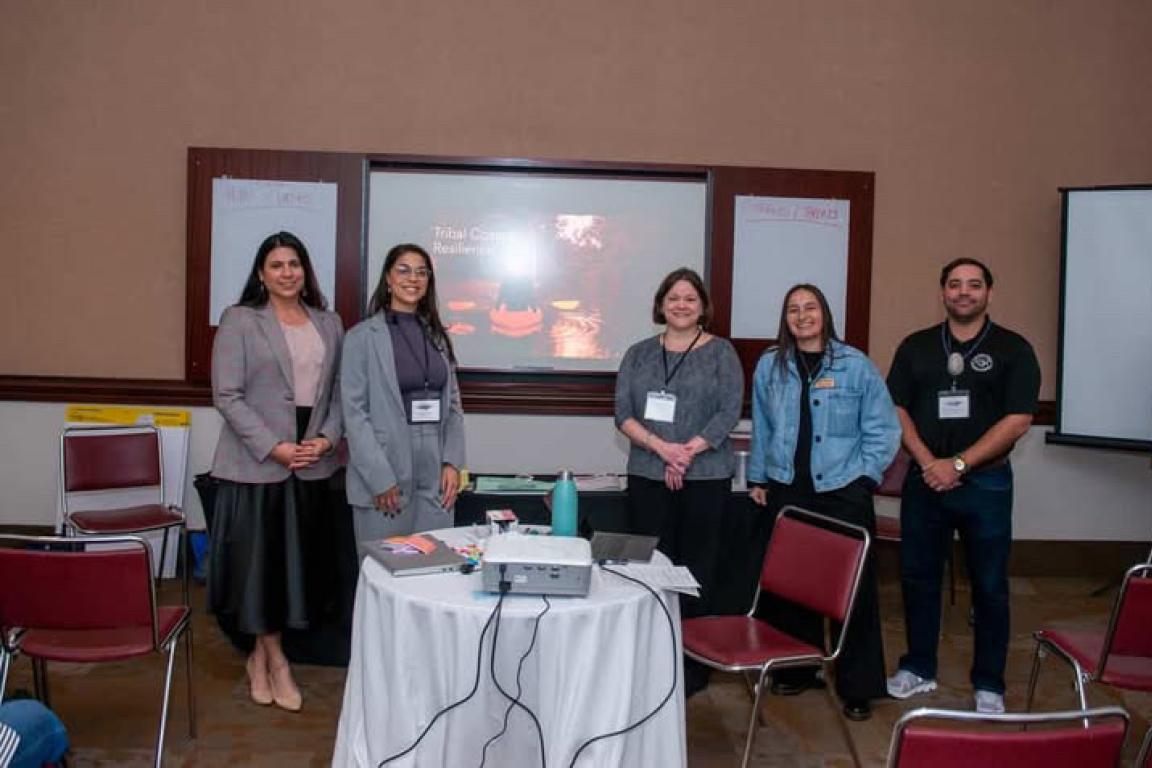Community Impacts
Everyone should be equally protected from the dangers of climate change no matter:
- Their race or language they speak
- Where they come from
- How much money they have
Everyone should have a fair chance to take part in decisions about environmental laws and policies.
Marginalized communities, like low-income neighborhoods and communities of color, often suffer more from the effects of climate change. That's because of past unfairness in how resources were given out and how their areas were built.
How NCDHHS Climate and Health Program Helps
The Climate and Health Program works to help these communities become more resilient to climate change.
We do this by:
- Sending out statewide heat health alerts
- Documenting illnesses caused by heat
- Protecting farmworkers and other workers from heat
- Working with American Indian Tribes
- Supporting local groups to include climate change and health effects in their community health plans
Learn more about health equity resources and efforts in North Carolina.

The Climate and Health team gives a talk called "Building Intertribal Approaches and Resilience to Climate Impacts" at the 2025 United Tribes of North Carolina Conference. They joined partners from Tribal Coastal Resilience Connections, the Great Coharie River Initiative, and the Duke Nicholas Institute for Environment, Energy and Sustainability.
The Unity Conference was hosted by the North Carolina Commission of Indian Affairs.
